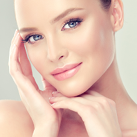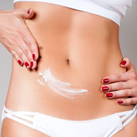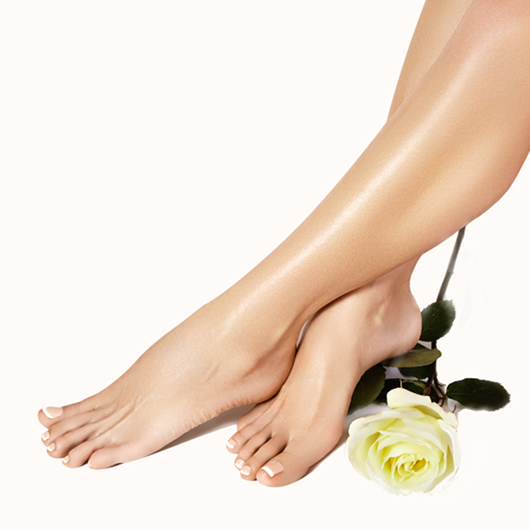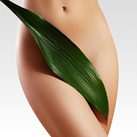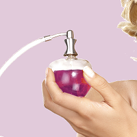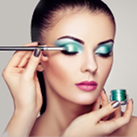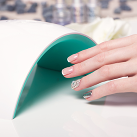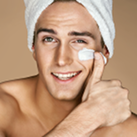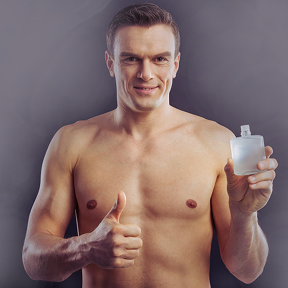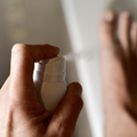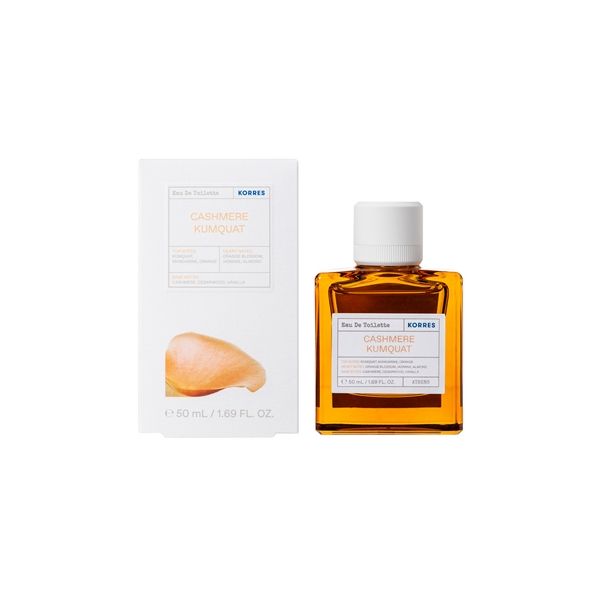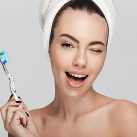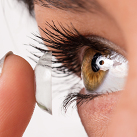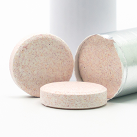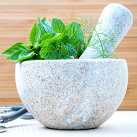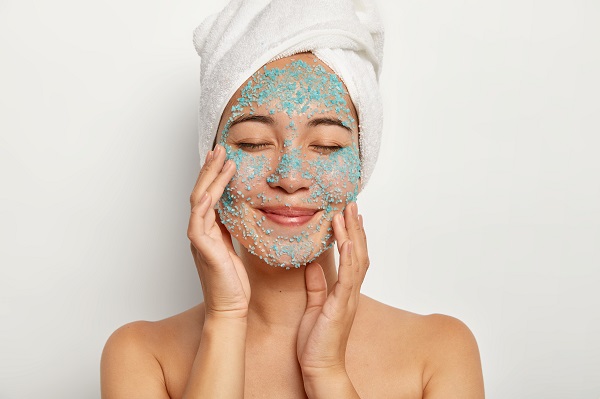Blog
Tips for Facial Exfoliation
Facial exfoliation is probably the most important step in skincare, as the skin has to be thoroughly cleansed in order to be prepared and receive the benefits of the other products you use daily. Women’s skin is burdened daily by air pollution and makeup products that clog pores. Blackheads and pimples are created, causing the skin to lose its radiance. Daily cleansing with a simple cleanser removes dirt, but blackheads remain and other imperfections can alter the appearance of the skin.
Here are some things you need to know to exfoliate your face:
When to exfoliate and how often
The skin cells are renewed daily. Dead cells come to the surface of the face, while new cells take their place. At night the skin repairs the damage it suffered during the day by renewing its cells. Exfoliation is therefore best done in the morning, as it essentially “injures” the skin in order for it to start rejuvenation procedures. The frequency of exfoliation depends on the needs of each skin, how burdened it is and how many blocked pores it has. Generally, facial peels do not need to be done more than once a week. If you have oily skin, it’s better to do it twice a week.
Facial exfoliation
The grains of the exfoliating product are small, so they can not cause serious damage to the skin. Only when there is acne or a skin irritation can redness be observed on the skin. Exfoliating products during their application cause redness on the skin, which is temporary and is due to perspiration because of the friction. The redness subsides within the next few minutes. However, after laser application, facial hair removal or sun exposure, it is advisable not to exfoliate as it may cause irritation.
Cleansing and exfoliating
Cleansing is another step in skin care. Facial cleansers remove makeup and surface impurities, but exfoliating products do not remove makeup, but dead skin cells, and aim to improve its texture if it is rough and dry.
Exfoliation and skin types
Exfoliating products vary depending on the type and severity of the skin problem and the type of skin. Acne prone skin types should prefer exfoliating products especially for acne prone or oily skin. Dry and very dry, dehydrated skin types should prefer a mild exfoliating product, while normal and combination skin types may need stronger exfoliating with larger grains.
After exfoliation
After exfoliation the skin is exposed to external factors. Because exfoliation can cause the skin to dry, the application of a moisturizer is necessary afterwards. Thus the skin locks in moisture, becomes more elastic and firm.

 Ελληνικά
Ελληνικά
